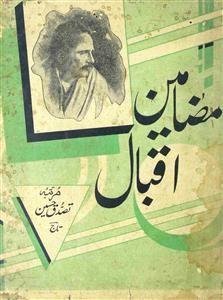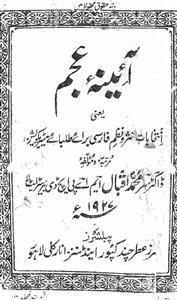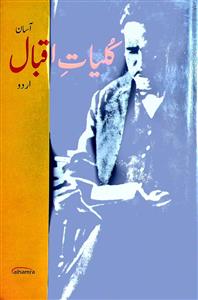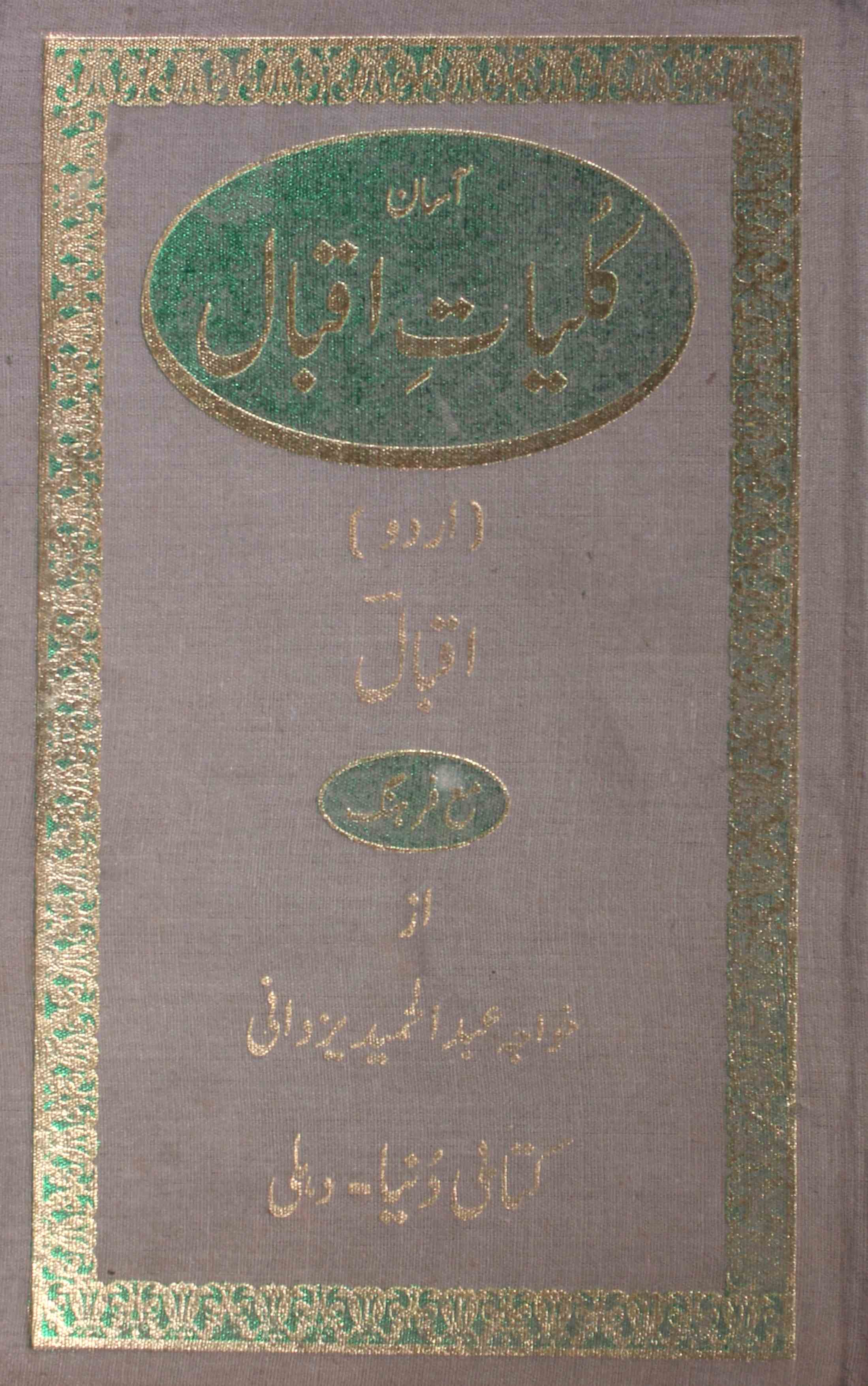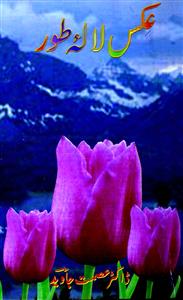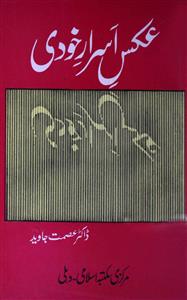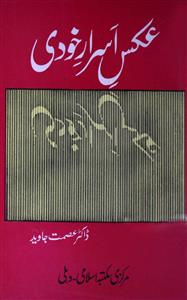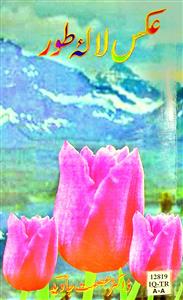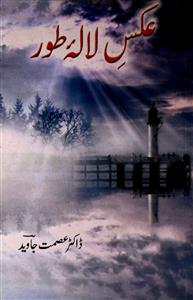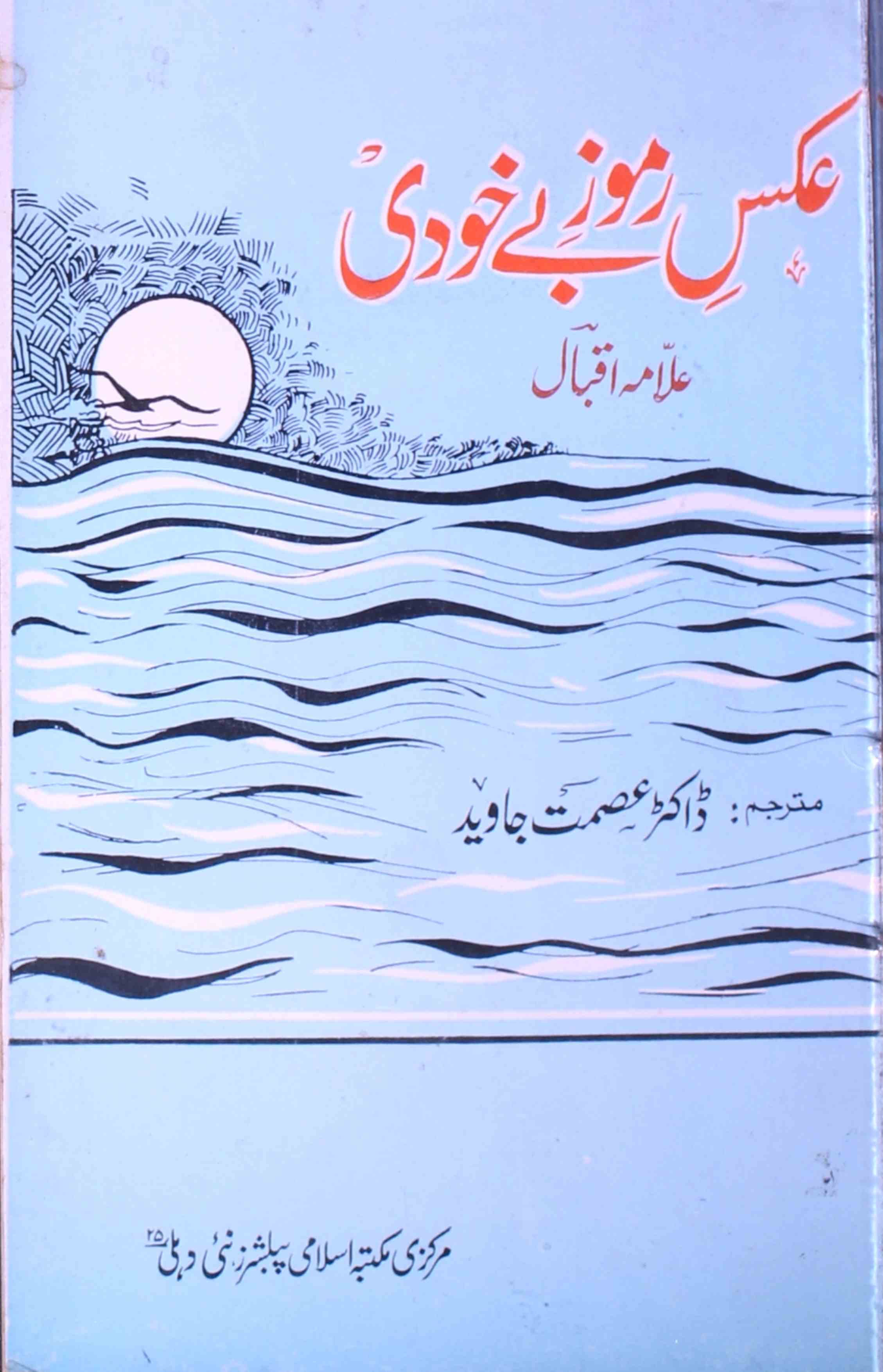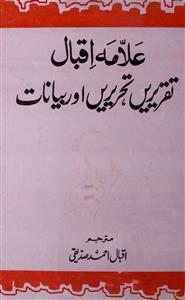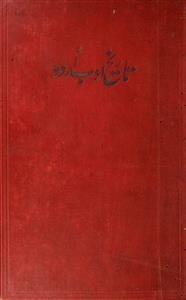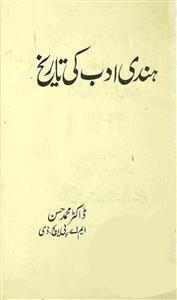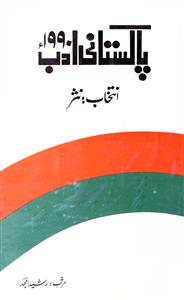 For any query/comment related to this ebook, please contact us at haidar.ali@rekhta.org
For any query/comment related to this ebook, please contact us at haidar.ali@rekhta.org
About The Book
زیر تبصرہ کتاب "مضامین اقبال" تصدق حسین تاج کی مرتب کردہ ہے، اس کتاب میں علامہ اقبال کے مضامین کو شامل کیا گیا ہے۔ کچھ مضامین ہیں اور کچھ دیباچے۔ جیسے پیام مشرق، رموز بیخودی اور اسرار بیخودی کے دیباچے ہیں۔ اس کے علاوہ کچھ ایسے مضامین ہیں جو اردو کے علاوہ دوسری زبانوں میں تھے، ان کے تراجم یہاں شامل کئے گئے ہیں، ساتھ میں مترجمین کے نام بھی شامل ہیں۔ کتاب کے شروع میں غلام دستگیر کا مضمون ہے، جس میں انہوں نے علامہ اقبال کی اردو نثر پر تفصیلی روشنی ڈالی ہے، اس کی خوبیاں بیان کی ہیں، موضوع اور اسلوب سے واقف کرایا ہے، مضامین متنوع موضوعات پر مشتمل ہیں، اردو زبان کے آغاز و ارتقاء اور ترقی کے اسباب بیان کئے گئے ہیں، اردو بولنے والوں کی تعداد پر گفتگو کی گئی ہے، اردو اور ہندی کے رشتے پر روشنی ڈالی گئی ہے، پنجاب میں اردو زبان کی صحت کے حوالے سے گفتگو کی گئی ہے، جس میں خاص طور حضرت ناظر کے کلام پر کئے گئے میر ممتاز علی کے اعتراضات کا مددل جواب دیا گیا ہے، قومی زندگی کے اصول اور قوموں کی ترقی کے اسباب ذکر کئے گئے ہیں، چند کتابوں کے دیباچہ بھی کتاب میں شامل کئے گئے ہیں، جن سے علامہ کی تنقیدی صلاحیتیں عیاں ہوتی ہیں، آپ صلی اللہ علیہ وسلم کے ادبی تبصروں ہر وقیع گفتگو کی گئی ہے، ختم نبوت کے حوالے سے اہم گفتگو ہے، اقبال کی نثری جولانیوں کو مشاہدہ مضامین میں بخوبی کیا جاسکتا ہے۔
About The Author
Mohammad Iqbal (1877-1938), a descendant of a Kashmiri Brahmin family that had embraced Islam in the seventeenth century, was born and settled in Sialkot. After a traditional education in Arabic, Persian, and Urdu, he was exposed to a liberal education that defined the contours of his thought and his poetry during the entire period of his life. Beginning his educational career at the Scottish Mission School, he went on to acquire his M. A. in Philosophy, before joining Trinity College, and later earning the degree of Bar-at-Law. He furthered his education by getting the degree of doctorate from Germany on The Development of Metaphysics in Persia. He worked in different capacities at different points of time; he taught philosophy, practised law, got involved in politics, and also attended the second Round Table Conference. Even while he favoured the idea of the creation of Pakistan and is venerated there as the national poet, he wrote the famous patriotic song that celebrates the greatness of India. King George V decorated him with knighthood and he was called Sir Mohammad Iqbal thereafter.
Iqbal wrote both in Persian and Urdu, and is often regarded as the poet-philosopher of the East who addressed the Muslim ummah, believed in the philosophy of wahdatul wujood, and propounded the philosohy of khudi, or selfhood, which called for self-realisation and the discovery of the hidden talent with love and perseverance. Beyond that lay the stages of complete submission and forgetfulness which, he thought, was the ultimate stage of khudi. Iqbal dreamt of the ‘complete man’ and also entered into a metaphoric dialogue with the divine. His poetry emerged as a remarkable site where message and art coalesced, as he re-configured major poetic devices like metaphor, myth, and symbol to re-visit history, philosophy and the Islamic faith to develop his individual vision. He has left behind his collections of poems, Asraar-e Khudi, Rumooz-e Bekhudi, Baang-e Daraa, Baal-e Jibreel, Payaam-e Mashriq, Zaboor-e ‘Ajm, Javed Naama, Zarb-e Kaleem, and Armaghaan-e Hijaz, apart from his lectures collected in English as The Reconstruction of Religious Thought in Islam, and other works on the Eastern worldview.
 For any query/comment related to this ebook, please contact us at haidar.ali@rekhta.org
For any query/comment related to this ebook, please contact us at haidar.ali@rekhta.org
Write a Review
Jashn-e-Rekhta 10th Edition | 5-6-7 December Get Tickets Here
